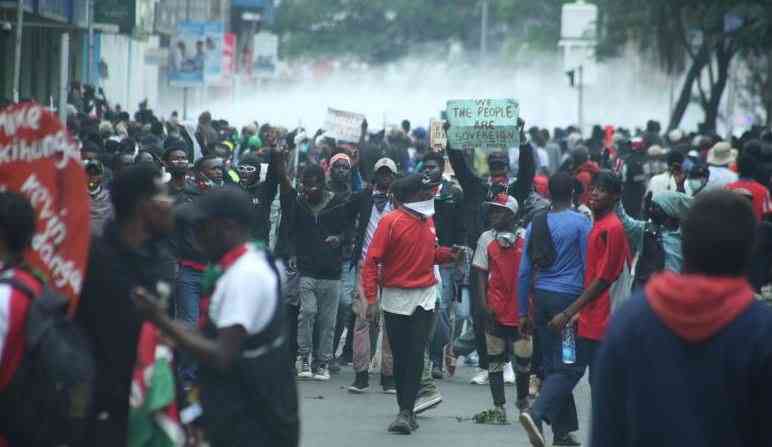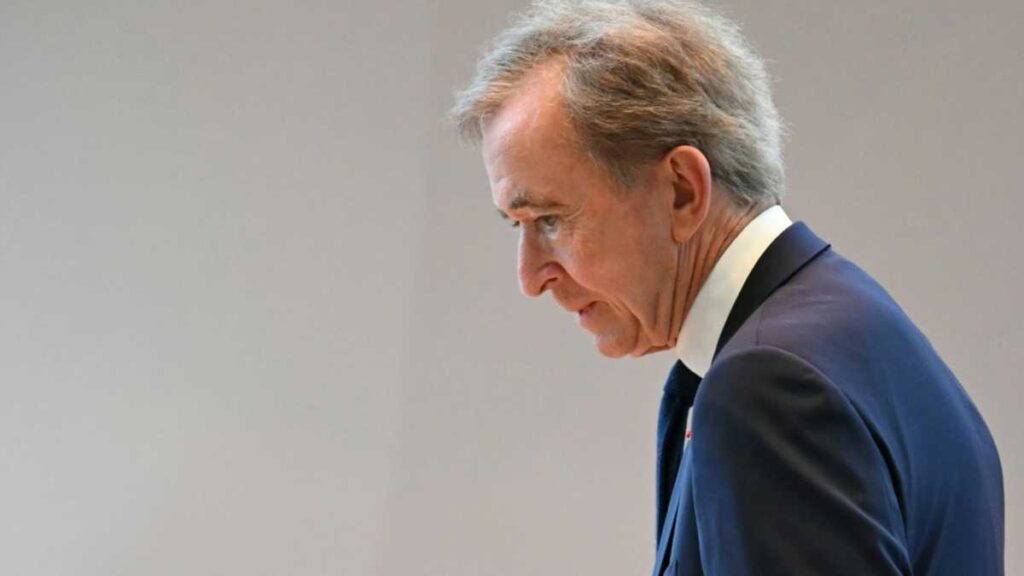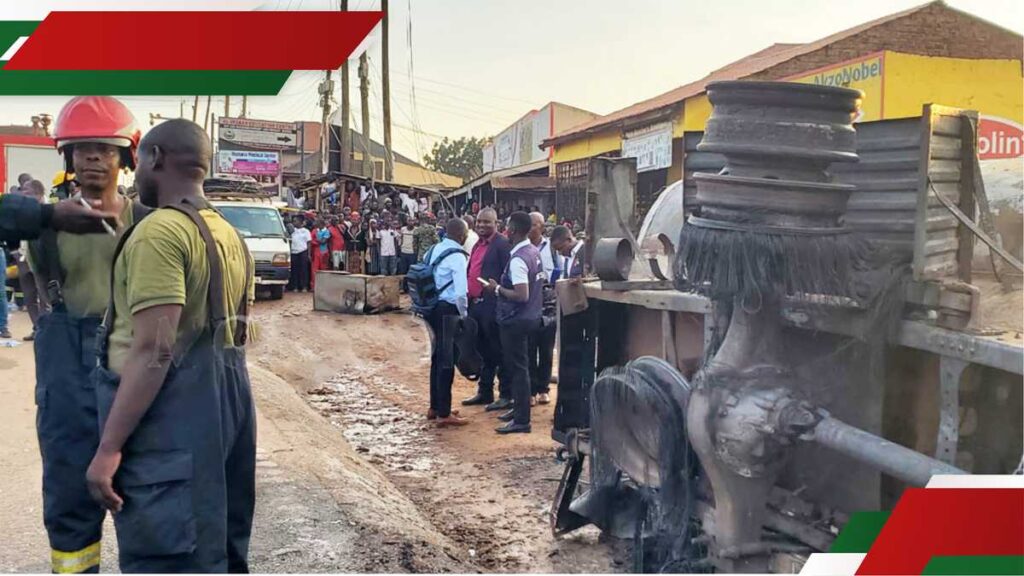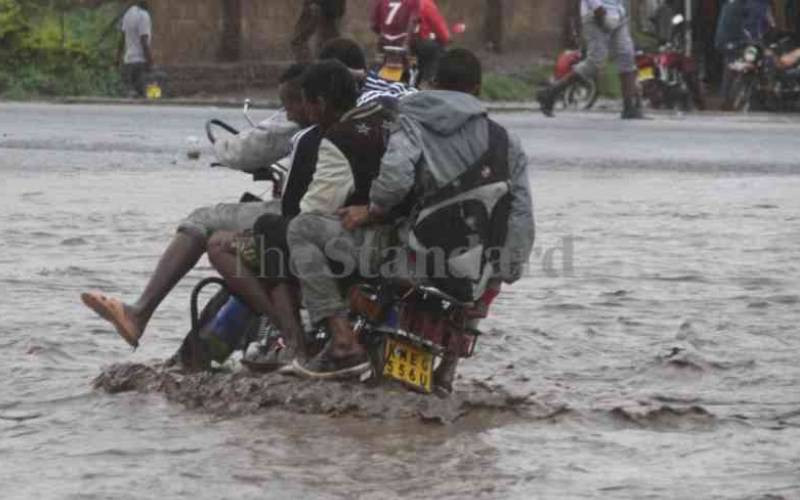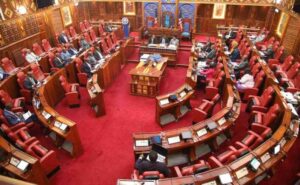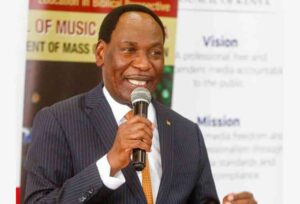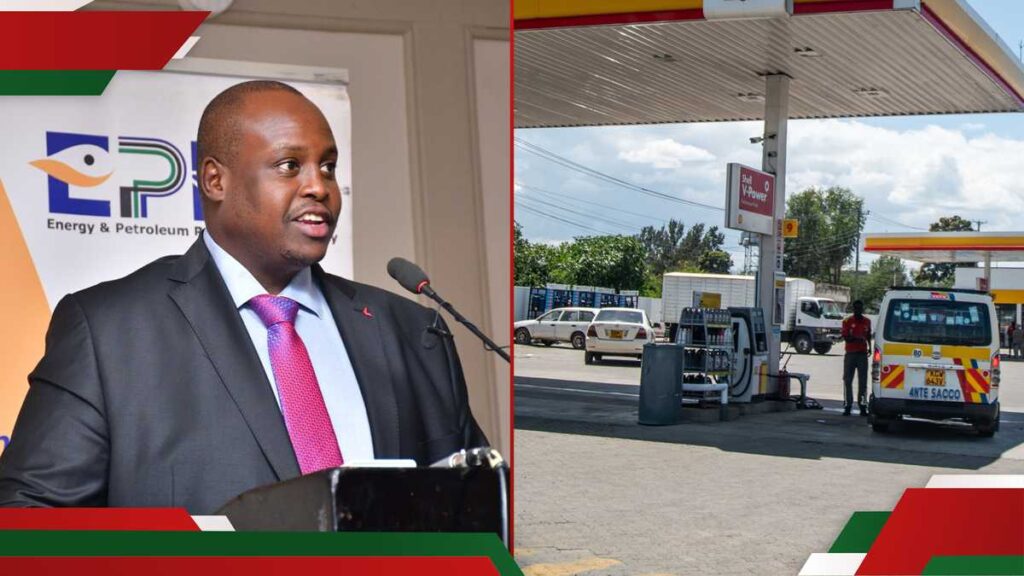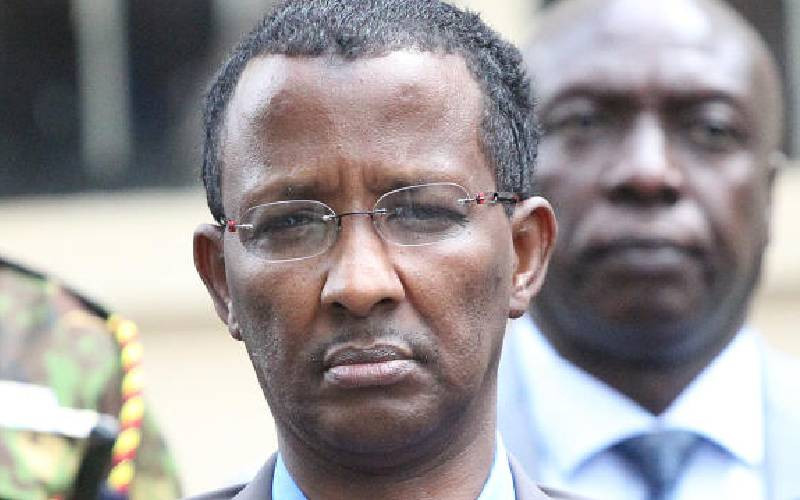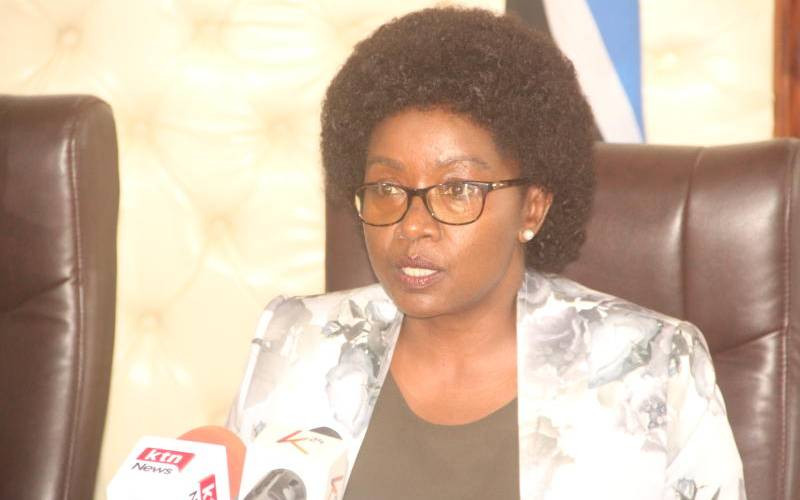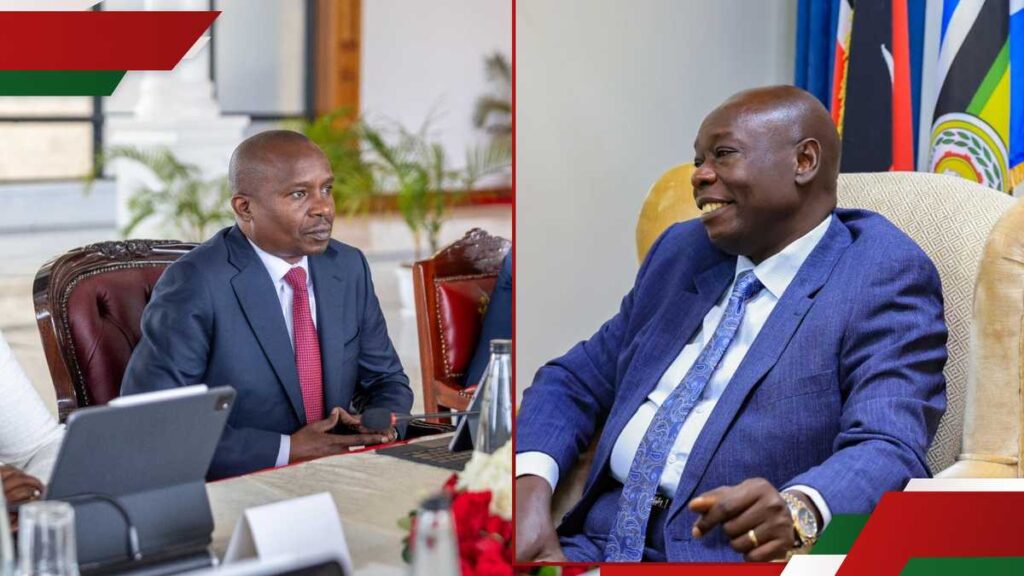The United Nations has raised concerns over increasing State brutality.
The UN Commission on Human Rights said it is “deeply troubled” by killings during nationwide protests on Monday as well as looting and destruction of property.
Spokesperson Ravina Shamdasani told journalists in Geneva called on the government to address the issues raised by protesters instead of repressing critics with violence and police brutality.
“It is very concerning that these latest incidents come barely two weeks after 15 protesters were reportedly killed and many more injured in Nairobi and other parts of Kenya on 25 June,” she said.
“UN High Commissioner for Human Rights Volker Turk renews his call for calm and restraint, and full respect for the freedoms of expression, association and peaceful assembly. It is essential that legitimate grievances at the root of these protests are addressed.”
The agency committed to helping the authorities in investigations, asserting that those responsible must be held to account.
“The High Commissioner repeats his call for all reported killings and other alleged violations and abuses of international human rights law, including with respect to use of force, to be promptly, thoroughly, independently and transparently investigated,” she said.
Reports from the Kenya National Commission on Human Rights, a government agency, indicate that more than 80 people have lost their lives to police brutality during the Gen Z-led protests since June last year.
On Monday alone, at least 10 deaths were reported while scores of young people were injured in the commemoration of July 7, 1990 pro-democracy uprising.
This followed the June 25 anniversary of anti-Finance Bill protests that left at least 19 dead and several others nursing gunshot wounds. Destruction of property and looting were also recorded.
At home, Chief Justice Martha Koome called on the law enforcement agencies to embrace professionalism during the protests and to distinguish between peaceful demonstrators and criminals.
“Our country and our democratic fabric have come under strain through waves of public protests,” Koome said. “These moments have reminded us of the delicate balance that must be maintained between the constitutional right to peaceful assembly and protest and the imperative of people-centered, professional policing.”
Her predecessor, David Maraga, also condemned the police violence killings, calling it a culmination of “violent State repression” and a betrayal of the constitutional values.
“Many had their lives cut short with bullets while others have been injured. The truth is, these young Kenyans are not alone. Their voices carry the pain of millions of Kenyans who are tired of where the country is heading,” said Maraga.
“Kenyans are tired of the violence, the collapsing economy, the poor healthcare and the failing education sector. A nation cannot stand when its people’s backs are broken.”
Stay informed. Subscribe to our newsletter
Maraga dismissed calls for dialogue as suggested by ODM Leader Raila Odinga, stating that the frustrations expressed by the people are as a result of failed leadership, not a constitutional deficit.
“It is a failure that exposes the President’s abdication of responsibility when his government,” he said.
The National Cohesion and Integration Commission also condemned the loss of lives and general violence witnessed across the country.
The agency urged the government to listen to the concerns of the young Kenyans who “feel excluded, unheard and increasingly disillusioned”.
‘”The unrest being experienced is a loud and painful signal of the growing discontent among our youth,” said NCIC Chairman Samuel Kobia.
“Their frustration stems from high unemployment, economic hardship, lack of trust in institutions, limited opportunities and a perceived failure of leadership to address their needs and aspirations.”








